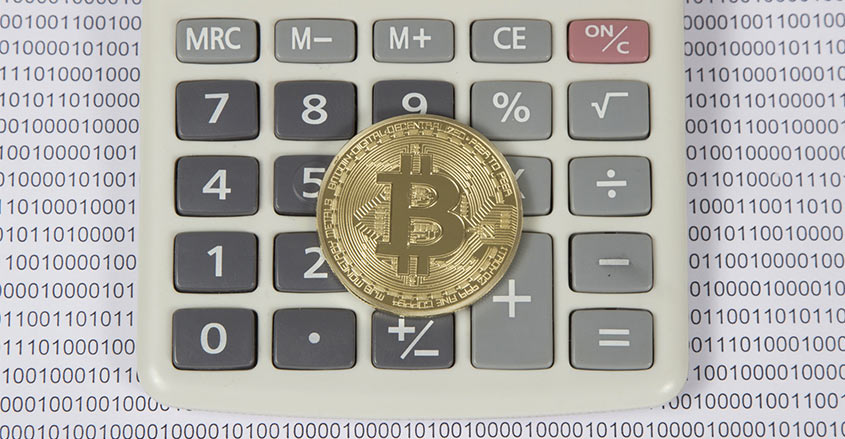Both the Arizona Senate and House have moved ahead on a bill that will allow residents to pay their taxes via Bitcoin or other cryptocurrencies.
If the measure becomes law, it would take effect in 2020.
Arizona could be first to legitimize crypto as a form of currency. Georgia, Illinois and Wyoming are moving toward their own crypto legalization statutes.
Arizona State Rep. Jeff Weninger, a Republican, co-sponsored Senate Bill 1091.
Weninger is hopeful of Arizona’s legislative potential to embrace and revolutionize blockchain technology and how people transact with digital currencies in the future.
The passage of the law will go a long way toward legitimizing stateless, digital and anonymously created cryptocurrencies such as Bitcoin.
“It’s one of a litany of bills that we’re running that is sending a signal to everyone in the United States, and possibly throughout the world, that Arizona is going to be the place to be for blockchain and digital currency technology in the future,” Weninger said.
Georgia bill
Georgia Senate Bill 464 was introduced on Feb. 21. This bill would allow Georgia to accept cryptocurrency as a form of payment for both state taxes and licenses.
Senate Bill 464 was brought to the floor of the Georgia statehouse by Republican state senators Joshua McKoon and Michael Williams.
The bill’s language proposes that “[t]he commissioner shall accept as valid payment for taxes and license fees any cryptocurrency, including but not limited to Bitcoin, that uses an electronic peer-to-peer system.”
The bill stipulates that after the cryptocurrency payments are received the commissioner must convert the cryptocurrency to U.S. fiat within 24 hours.
The bill introduced in Georgia closely mirrors the Arizona bill. Wyoming’s bill, SF101, would relieve cryptocurrency from being taxed as property, which has been its federal status since 2014.
Cryptocurrencies may have the potential to destabilize fiat currency transaction infrastructure and public trust in printed money, say critics.
In anticipation of such criticism, all tax payments paid by Arizona residents via cryptocurrency would automatically be converted into U.S. dollars by the Arizona Department of Revenue within 24 hours of initial payment.
The use of cryptocurrencies to pay for taxes did not begin in Arizona. As of January, the residents of Chiasso, Switzerland have been able to pay their tax bills via cryptocurrencies.


